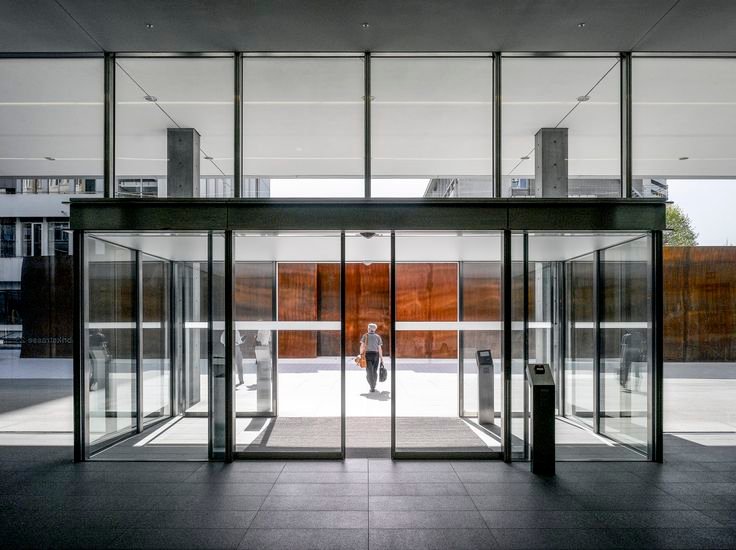Dubai is more than just a global trade hub—it’s a magnet for innovation, tax-friendly policies, and high-growth opportunities. With investors and startups flocking in, knowing the Company Set-up Dubai can be a game-changer. Smart setup decisions today can spare you delays, legal hurdles, and financial waste tomorrow.
2. Understanding the Basics of Company Formation in Dubai
Setting up a company in Dubai involves registering your business with the relevant authority, securing trade licenses, choosing a location, and fulfilling visa obligations. The process may seem linear, but it’s layered with nuanced regulations that vary across business zones.
3. Free Zone vs Mainland vs Offshore – What’s the Difference?
Free Zones: Offer 100% foreign ownership, no personal taxes, and quick setup. Ideal for export-driven businesses.
Mainland: Allows trading anywhere in the UAE. Requires a local sponsor (unless fully owned under new regulations).
Offshore: Perfect for international business without physical operations in the UAE. Not allowed to trade within UAE.
Choosing the wrong jurisdiction can limit growth or lead to costly restructuring.
4. Legal Structures You Can Choose From
Dubai offers several legal entity types:
Sole Establishment
Limited Liability Company (LLC)
Branch Office
Free Zone Company (FZC or FZE)
Each has different liability, ownership, and licensing implications. A Free Zone Establishment, for instance, is perfect for solopreneurs, while an LLC suits businesses seeking UAE market access.
5. Licensing Categories You Must Know
Business licenses in Dubai are categorized into:
Commercial License – for trading activities
Professional License – for service-based businesses
Industrial License – for manufacturing
Misclassification can cause penalties or delays, so always align your activity with the correct license type.
6. Selecting the Right Business Activity
Every company must declare its business activity. The Department of Economic Development (DED) provides a detailed list of over 2,000 activities. Choose accurately, as changes later require new approvals and can affect your license validity.
7. Mandatory Approvals and Government Authorities Involved
Depending on your business, you may need approvals from:
DED (for Mainland)
Free Zone Authority
Dubai Municipality
Civil Defense
Telecom Authority (for tech businesses)
Neglecting these approvals can freeze your licensing process entirely.
8. Picking the Ideal Location for Your Business
Dubai has over 30 Free Zones, each catering to specific sectors. For instance:
Dubai Media City: Ideal for creative and media firms
Dubai Internet City: Best for IT companies
JAFZA: Perfect for logistics and warehousing
Physical proximity to clients, supply chain partners, or markets should influence your decision.
9. Costs to Consider During Company Formation
Don’t just calculate license fees. Consider:
Office space rental
Visa processing costs
Immigration card fees
Local sponsor fees (if applicable)
Medical testing for employees
Having a buffer budget avoids mid-process halts due to unforeseen charges.
10. Opening a Corporate Bank Account in Dubai
Bank account setup is notoriously tedious due to strict compliance rules. To improve your chances:
Have clear business plans
Maintain a clean personal credit history
Choose a bank aligned with your business activity
Some Free Zones also assist with banking introductions.
11. Visa Eligibility and Application Process
Businesses can apply for investor visas, employee visas, and dependent visas. Every visa involves medical testing, Emirates ID processing, and labor approvals. Free Zone entities often enjoy smoother processing due to integrated government services.
12. Local Sponsorship Explained (For Mainland Companies)
Until recently, mainland companies required 51% local ownership. However, with the new FDI law, several activities now allow 100% foreign ownership. Still, certain regulated sectors require Emirati sponsors or service agents. Understanding these laws prevents structural surprises.
13. Common Mistakes Entrepreneurs Make
Choosing the wrong jurisdiction
Ignoring renewal deadlines
Overlooking compliance obligations
Misunderstanding visa quotas
Falling for “shortcut” service providers without due diligence
One oversight can cost months in delays and thousands in fines.
14. Hidden Challenges and How to Avoid Them
Some challenges rarely make it into brochures:
Cultural disconnects in negotiation
Over-promising consultants
Bank rejections despite approval
Ever-changing regulatory policies
To navigate this, rely on up-to-date sources and verified professionals.
15. Final Thoughts: Turning Strategy Into Success
Mastering these Company Set-up Dubai Tips You Wish You Knew Earlier can turn a daunting process into a well-executed launchpad. The key is research, compliance, and knowing when to bring in expert help. In Dubai’s competitive landscape, clarity and preparedness are your greatest assets.


